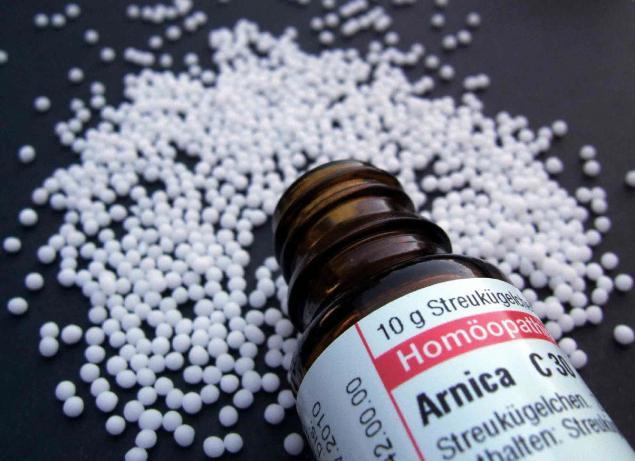496
Homeopathy
Homeopathy is a treatment method, which is based on the idea of treats like with like. In other words, those substances that cause specific symptoms in a healthy person, can cure them in a person sick. Also known as the law of similar, the principle and gave homeopathy its name. Homeopathic medicines are made from plants, minerals and extracts from animals. All of them are highly diluted in a special way, making toxic substances harmless, but, paradoxically, this improves their ability to treat.

Homeopathic treatment — its principles and procedures are not like other types of medical care. With a few exceptions, such as allergic desensitization and immunization, which to some extent include the use of "like", modern medicine relies almost exclusively on the substances of the opposite action.

Most homeopathic remedies have undergone "samples" or medical tests, in which healthy people were given undiluted or slightly diluted substances known for their ability to cause disease. During each test, researchers have noted the mental, emotional and physical changes that occur in man, which together give a complete picture of the symptoms caused by this substance. Rezultatai years documented and recorded in the materia medica — a sort of reference book that gives homeopaths the basis for deciding which drug is best suited to the patient with a specific set of symptoms of a disease.

Used to treat a wide range of illnesses, homeopathy is particularly effective against benign diseases and those that do not entail major structural damage or destruction of bodies. It is also suitable for the treatment of those diseases for which there is no effective traditional treatment methods, for example, viral infections and multiple sclerosis, or for those diseases whose treatment requires prolonged use of medications (allergies, arthritis and diseases of the digestive system, for example), as well as for the treatment of behavioral and emotional disorders.
Source: /users/147

Homeopathic treatment — its principles and procedures are not like other types of medical care. With a few exceptions, such as allergic desensitization and immunization, which to some extent include the use of "like", modern medicine relies almost exclusively on the substances of the opposite action.

Most homeopathic remedies have undergone "samples" or medical tests, in which healthy people were given undiluted or slightly diluted substances known for their ability to cause disease. During each test, researchers have noted the mental, emotional and physical changes that occur in man, which together give a complete picture of the symptoms caused by this substance. Rezultatai years documented and recorded in the materia medica — a sort of reference book that gives homeopaths the basis for deciding which drug is best suited to the patient with a specific set of symptoms of a disease.

Used to treat a wide range of illnesses, homeopathy is particularly effective against benign diseases and those that do not entail major structural damage or destruction of bodies. It is also suitable for the treatment of those diseases for which there is no effective traditional treatment methods, for example, viral infections and multiple sclerosis, or for those diseases whose treatment requires prolonged use of medications (allergies, arthritis and diseases of the digestive system, for example), as well as for the treatment of behavioral and emotional disorders.
Source: /users/147























